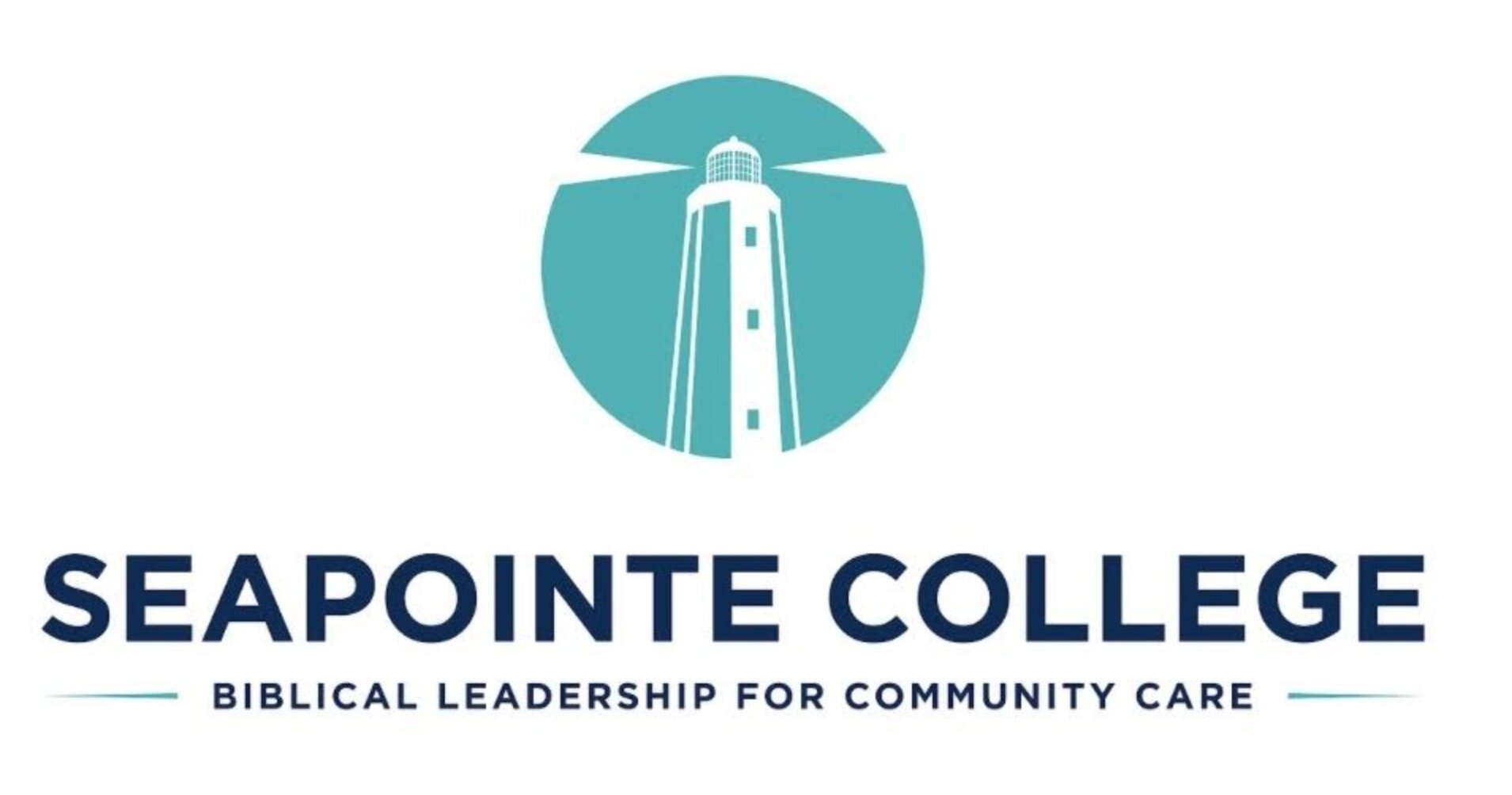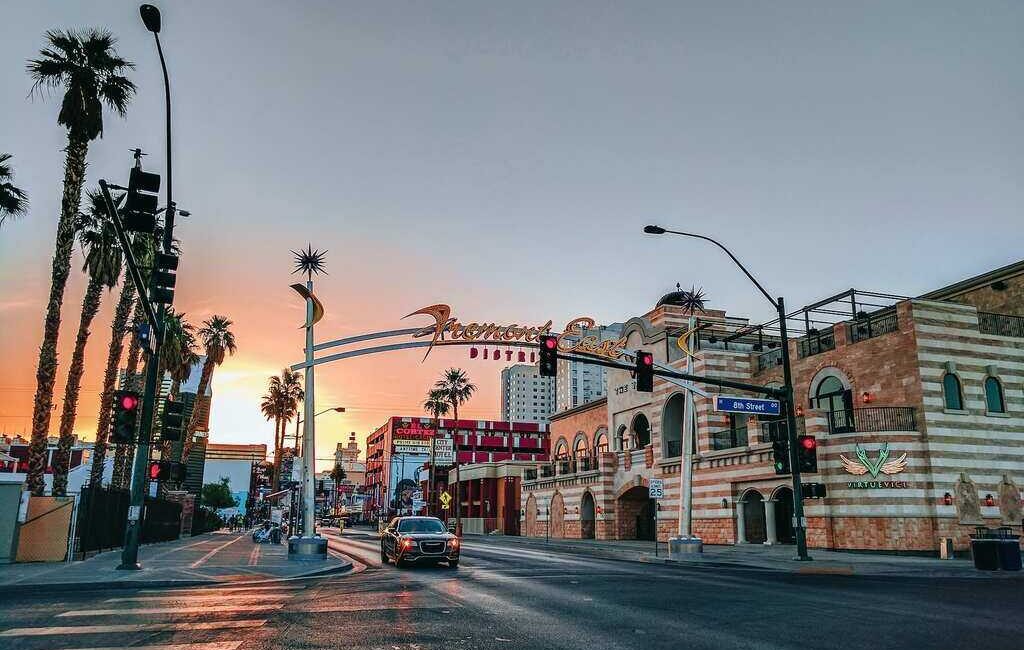
On June 15, Americans will celebrate Father’s Day by showering dads with electronic toys and other gifts, good food and hugs. Although the holiday was officially recognized in 1966 under President Lyndon B. Johnson’s administration, the idea of Father’s Day was the result of a young woman’s love for her dad in the early 20th century, and it was celebrated decades before it became a national holiday.
Sonora Smart Dodd, who was born in Jenny Lind, Arkansas, was the eldest daughter of former Union soldier, William Jackson Smart. Dodd helped her father care for her five younger brothers after her mother died shortly after giving birth to the family’s sixth child in 1898, according to The Washington Times. While attending church on Mother’s Day in 1909, Dodd listened to a sermon on motherhood and realized that her father provided most of the family’s livelihood, all the while pulling double duty on parenting and child-rearing. The realization inspired her to rally support from local churches, shops, government officials and the YMCA in Spokane, Washington, in order to create a day especially meant to honor fathers.
The love and inspiration of her dad were the foundations of the Father’s Day campaign, which was a success. Washington State celebrated its first Father’s Day on July 19, 1910. Although this caught the attention and favor of President Woodrow Wilson in 1916, and later President Calvin Coolidge in 1924, the idea of gift-giving and honoring fathers did not catch up with most of American men at the time. Historian Bret Caroll, Ph.D., of California State University of Stanislaus wrote in American Masculinities: A Historical Encyclopedia that most men “scoffed” at the idea of gifts and flowers, which may undermine their “manliness.” They criticized the day as a way for companies to sell more products, which are usually paid for by the fathers themselves.
Dodd was not the only woman behind the Father’s Day movement. Grace Golden Clayton from Fairmont, West Virginia, had a similar idea after a coal mine accident in December of 1907 that killed over 360 men, of which 210 were fathers. Her thoughts of the wives, children and mothers of those men who died was shared in a story published in the Fairmont Times. After Clayton spoke with her minister, West Virginia celebrated its first Father’s Day on July 9, 1908. Neither Dodd nor Clayton knew of each other’s contributions to the cause.
In the 1920s and 1930s, there were movements to abolish both Mother’s Day and Father’s Day. Proponents wanted to blend both holidays into one, to be called Parents’ Day. Radio performer Robert Spere, who was a supporter of Parents’ Day said, “Both parents should be loved and respected together,” according to History.com. When World War 2 began, companies and advertisers argued that Father’s Day was needed to honor the veterans and to support the war effort.
Although President Johnson declared the third Sunday of every June to be Father’s Day, it was President Richard Nixon who signed a proclamation making Father’s Day a national holiday. Dodd was able to live long enough to see her dream come true. She was recognized and honored at Spokane’s World’s Fair in 1974, before passing away in 1978 at age 96. An echo of Mother’s Day, Father’s Day is a reminder that the love and inspiration of one woman and her dad can affect a nation.
By Nick Ng
Sources:
History
Library of Congress
Discovery School
The Washington Times
American Masculinities: A Historical Encyclopedia



